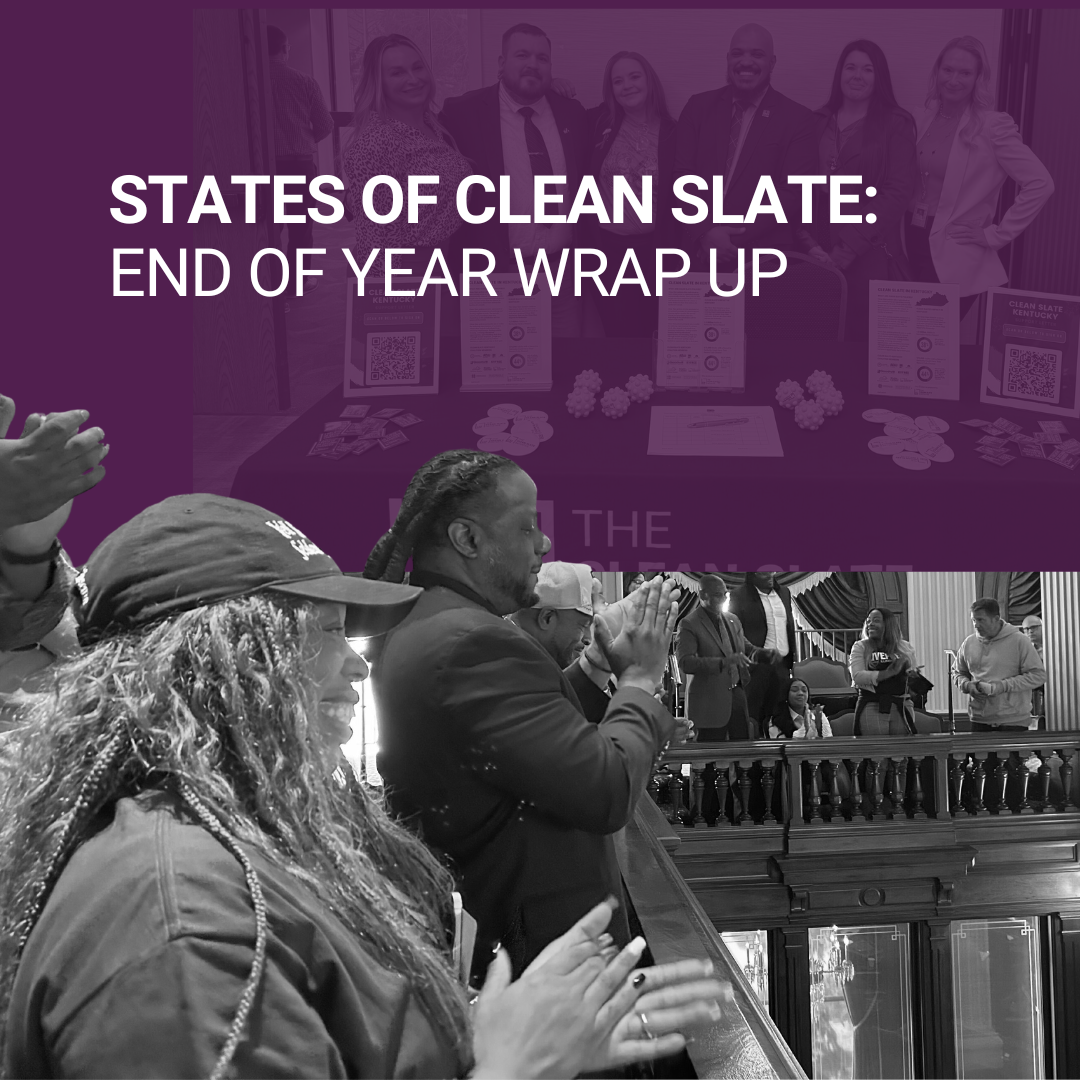How can we serve our veterans as well as they have served us?

As we honor those who served in our armed forces this Veteran’s Day, I think about how we can serve our veterans as well as they have served us. A recent preliminary report from the Veterans Justice Commission highlighted some of the challenges many veterans face when returning to civilian life. A key takeaway from the report is that “[d]eployment-related trauma exposure and increased incidence of mental health and substance use disorders elevate veterans’ risk of making contact with the justice system.” That moment, that point of contact, can compound the challenges veterans face in building a life after their service.
Having an arrest or conviction record creates barriers to meaningful employment, housing, education, and other opportunities. To offer an example of how real those barriers can be, the National Reentry Resource Center found that formerly incarcerated people are 10 times more likely to experience homelessness than the general public. And with 9 in 10 landlords running background checks on prospective tenants, it’s alarming, but not surprising, that 30% of formerly incarcerated veterans experience homelessness at some point in their lives.
Additionally, according to the Veterans Justice Commission's preliminary report, “[e]mployment is one of the most well-documented barriers to successful reentry for individuals leaving prison. Formerly incarcerated people have an unemployment rate of over 27%, and approximately one-third of reentering individuals do not obtain work within four years of their release.”
It’s troubling to think about the difficulties that people face when trying to build a better life for themselves while carrying an arrest or conviction record. As the CEO of The Clean Slate Initiative, I am fortunate enough to work with people directly impacted by the justice system, researchers, advocates, community and business partners, and lawmakers from both political parties to find common-sense solutions to removing the barriers created by having a record.
Most states have a process to allow for record clearance after someone successfully completes their sentence and remains crime-free for a period of time. However, those processes are often expensive, time-consuming, and may require a lawyer. A Michigan study from 2020 found that only 6.5 percent of eligible people obtained record clearance within five years of eligibility.
70 - 100 million people in America have an arrest or conviction on their record, including 1 in 3 veterans. Those with money and power can usually overcome the economic, bureaucratic, and unnecessary barriers. However, most working-class people are left behind. The result is a two-tiered justice system that offers the wealthy a second chance and leaves millions of people and families carrying what could be a life sentence to poverty.
Fortunately, there’s a commonsense policy solution that has support from Republicans and Democrats. Since 2018, eight states* have enacted comprehensive Clean Slate laws that clear records for specific offenses as soon as they are eligible. As a result, people who have completed their sentences and stayed out of trouble are given a fair chance to move on with their lives, provide for their families, and become productive members of society.
In Pennsylvania, the first state to pass a Clean Slate law in 2018, 1.2 million people have benefitted from record clearance as of November 2022. The policy is so successful that lawmakers are considering expanding the law to ensure more people have access to a second chance. In 2019, the Utah state House and Senate unanimously approved that state’s Clean Slate law. Every lawmaker from both political parties voted to ensure that our friends, neighbors, and loved ones should have a fair shot at a second chance. Since then, six* other states have enacted Clean Slate laws, and there is momentum in more states across the country to do the same in the coming years.
Additionally, the Clean Slate Act (H.R.2864), a bill that would enable people with federal arrest and conviction records to petition to seal those records, is moving through Congress. Those who have completed their sentence and stayed out of trouble with the law deserve a second chance. It’s time for Congress to pass the Clean Slate Act to ensure that millions of Americans, including one in three veterans, have a fair chance at building a better life for themselves and their families.
.avif)
.avif)

.png)
